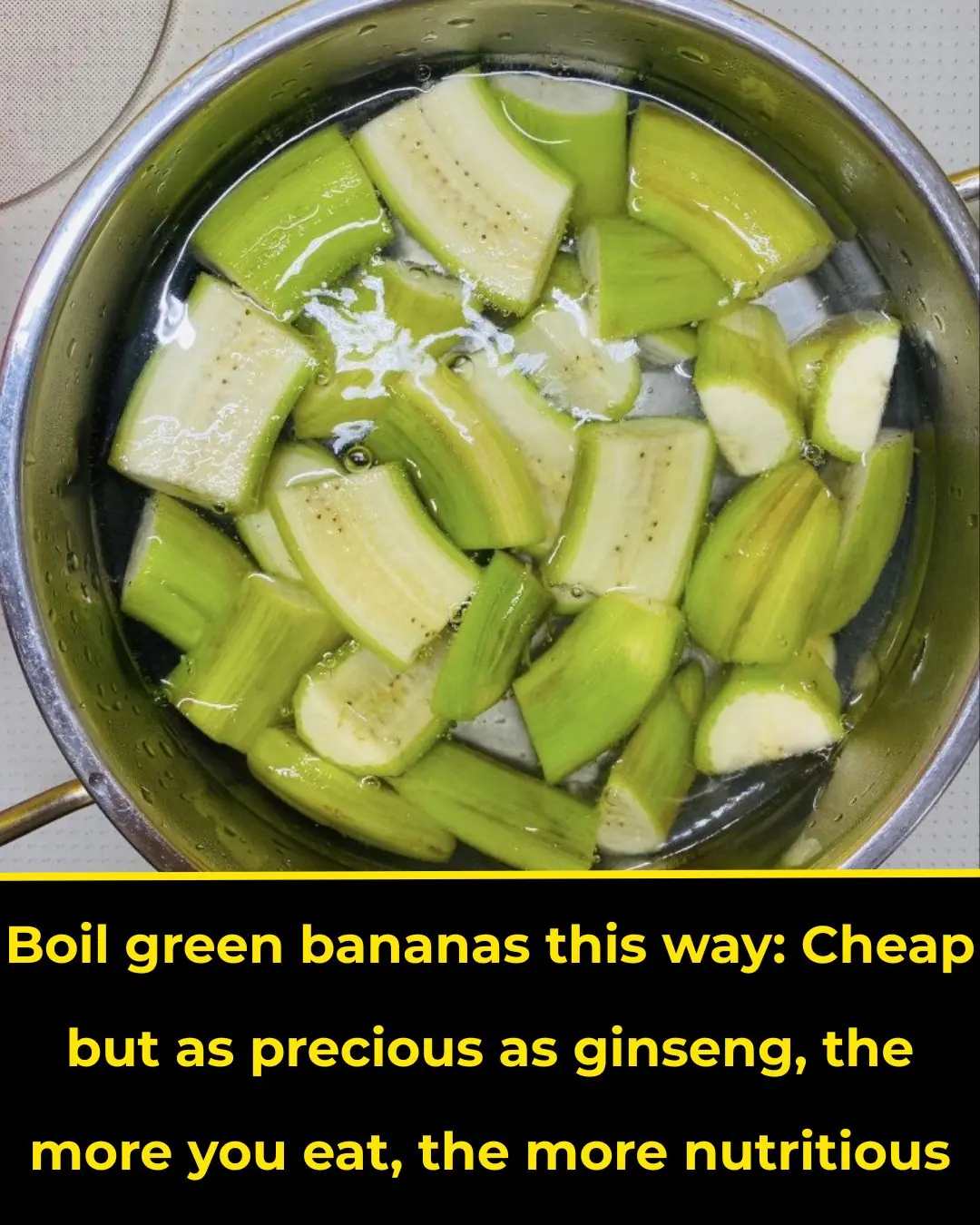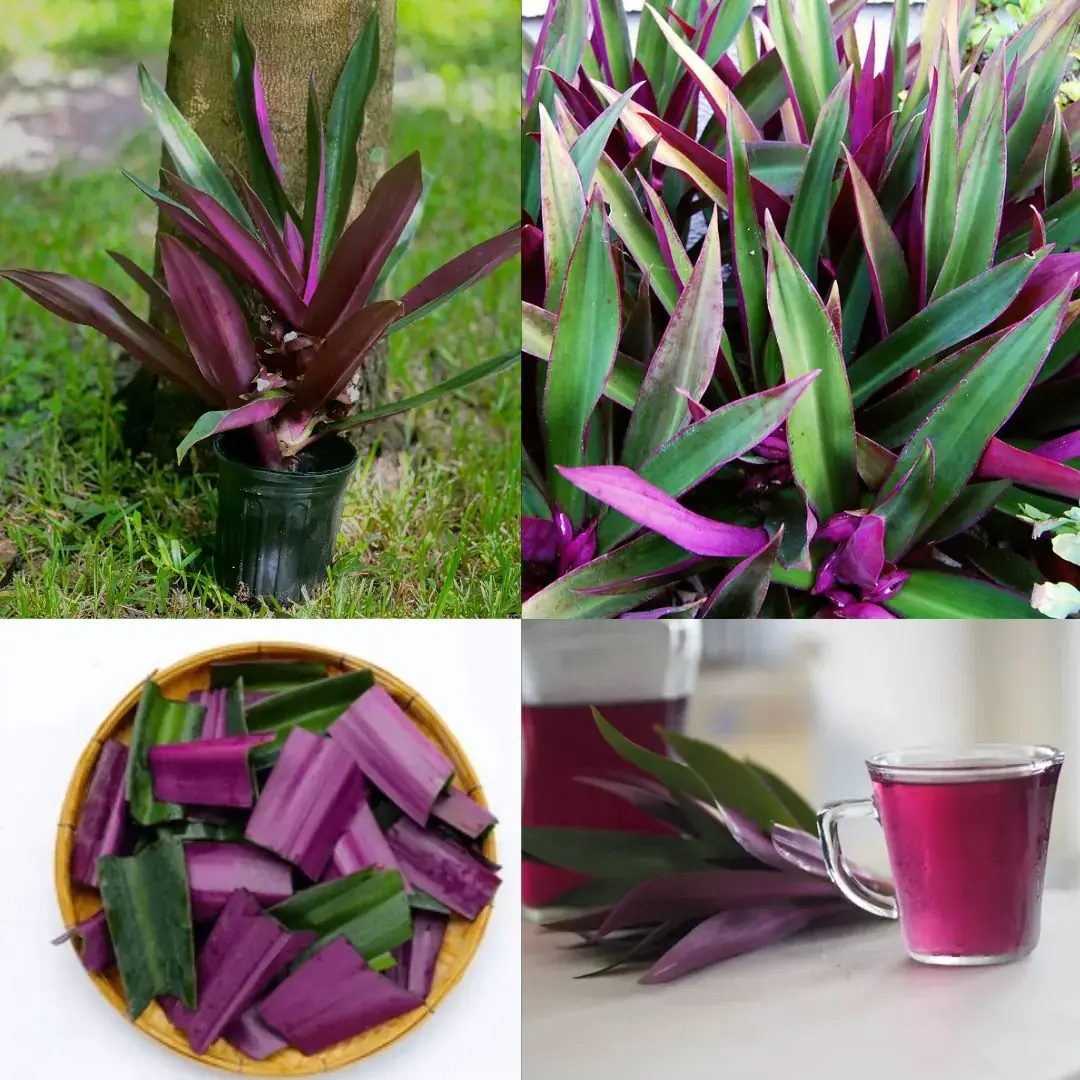
Many of us have developed the habit of placing all our fresh produce in the refrigerator, believing that cold storage is the best way to extend their shelf life. However, refrigeration can actually diminish the quality and flavor of certain fruits, leading to a less enjoyable eating experience. Understanding which fruits fare better at room temperature can help you preserve their taste and texture while also maintaining their nutritional benefits.
In this article, we'll explore ten fruits that you should stop refrigerating. By storing these fruits correctly, you can ensure they remain delicious and fresh for longer. Let's delve into each fruit and discover the reasons why they thrive outside the fridge.
1. Tomatoes: Preserve Their Flavor
Tomatoes are often placed in the refrigerator in an attempt to keep them fresh, but cold temperatures can actually degrade their flavor and texture. When stored below 50°F (10°C), the delicate membranes within the tomato can break down, leading to a mealy consistency and a loss of sweetness.
To preserve the rich, full-bodied taste of tomatoes, it's best to store them at room temperature, ideally between 55°F and 70°F (13°C and 21°C), and away from direct sunlight. This allows the tomatoes to ripen naturally, enhancing their flavor profile and ensuring a juicy bite each time.
2. Bananas: Avoid the Blackening
Bananas are a fruit that thrives at room temperature. When placed in the refrigerator, the cold environment can disrupt the ripening process, causing the banana skin to turn brown or black prematurely. This discoloration can make them appear unappetizing, even though the fruit inside may still be edible.
To keep bananas fresh and visually appealing, store them at room temperature, ideally around 68°F to 72°F (20°C to 22°C), until they reach your desired ripeness. Once ripe, they can be refrigerated to slow further ripening, but expect the skins to darken as a result.
3. Avocados: Chill Only When Ripe
Avocados are a unique fruit that requires careful handling to achieve perfect ripeness. Storing unripe avocados in the refrigerator can halt their ripening process, leaving you with hard, inedible fruit. Instead, keep them at room temperature, around 65°F to 75°F (18°C to 24°C), until they yield slightly to gentle pressure.
Once avocados reach the desired ripeness, they can be moved to the refrigerator to extend their shelf life for a few more days. This way, you'll always have a perfectly ripened avocado ready for your salads, sandwiches, or guacamole.
4. Peaches: Keep the Perfect Texture
Peaches are best enjoyed when they have a juicy, tender texture and a sweet aroma. Refrigerating them too soon can halt the ripening process, resulting in firmer, less flavorful fruit. Instead, allow peaches to ripen at room temperature, ideally between 65°F and 75°F (18°C and 24°C), until they give slightly to touch and emit a fragrant scent.
Once ripe, you can place them in the refrigerator for a short period if needed, but it's best to consume them soon thereafter to enjoy their optimal taste and texture.
5. Apples: Maintain Their Crispness
While apples can be stored in the refrigerator to prolong their shelf life, doing so may alter their texture and flavor over time. Apples stored in the fridge can become mealy and lose their crispness. For the best taste, keep apples at room temperature, ideally around 60°F to 70°F (15°C to 21°C), and enjoy them while they're fresh.
If you have an abundance of apples and need to store them longer, consider a cool, dark place like a pantry or cellar, where temperatures are consistently cooler but not as cold as a refrigerator.
6. Citrus Fruits: Enhance Their Juiciness
Citrus fruits like oranges, lemons, and limes are often stored in the fridge, but they actually do well at room temperature for a week or two. Keeping them out of the fridge allows them to retain their juiciness and vibrant flavor. A temperature range of 60°F to 70°F (15°C to 21°C) is ideal.
Refrigerating citrus fruits can lead to a drier, less juicy fruit as the cold air inside the fridge can draw out moisture. If you plan to store them for a longer period, refrigeration is an option, but try to consume them within a couple of weeks for the best taste.
7. Melons: Enjoy at Room Temperature
Whole melons, such as watermelon, cantaloupe, and honeydew, are best stored at room temperature to preserve their sweetness and juiciness. Refrigerating whole melons can lead to a less flavorful fruit, as the cold temperatures can inhibit the natural ripening process.
Keep them at room temperature, around 60°F to 70°F (15°C to 21°C), until they're fully ripe. Once cut, melons should be stored in the refrigerator to prevent spoilage, but the initial ripening process is best completed at room temperature.
8. Pineapples: Let Them Sweeten Naturally
Pineapples, like many other tropical fruits, do not benefit from refrigeration before they are fully ripe. Storing them in the fridge can slow down the natural ripening process, leading to a less sweet fruit. Instead, leave pineapples at room temperature, ideally between 65°F to 75°F (18°C to 24°C), until they emit a sweet smell and the skin yields slightly to pressure.
Once ripe, you can refrigerate pineapples to extend their freshness, but it's best to consume them within a few days for the most delightful flavor.
9. Mangoes: Achieve Optimal Ripeness
Mangoes are best left to ripen at room temperature, where they can develop their full, sweet flavor and creamy texture. Refrigerating them too soon can result in a less flavorful fruit. Store mangoes in a cool, dry place at around 65°F to 75°F (18°C to 24°C) until they are soft to the touch and have a fragrant aroma.
Once ripe, mangoes can be kept in the refrigerator for a few days to slow down further ripening, but they are best enjoyed soon after ripening to savor their full tropical taste.
10. Kiwis: Keep Them Out Until Fully Ripe
Kiwis are another fruit that should be allowed to ripen at room temperature for the best flavor and texture. Placing them in the refrigerator too soon can prevent them from reaching their optimal sweetness and juiciness. Keep unripe kiwis at room temperature, ideally around 65°F to 75°F (18°C to 24°C), until they yield to gentle pressure.
Once ripe, kiwis can be refrigerated to prolong their freshness, but it's best to consume them within a few days to enjoy their tangy, sweet flavor at its peak.
11. Berries: Maximize Their Freshness
Berries such as strawberries, raspberries, and blueberries are often kept in the refrigerator to extend their shelf life, but they can lose flavor and texture if kept too cold for too long. Ideally, berries should be consumed within a few days of purchase for the best taste. Keep them at room temperature, around 60°F to 70°F (15°C to 21°C), for a short period if you plan to eat them quickly.
If you must refrigerate berries, store them in a single layer in a breathable container to prevent moisture buildup, which can lead to mold. Always wash berries just before consuming to preserve their freshness.








































